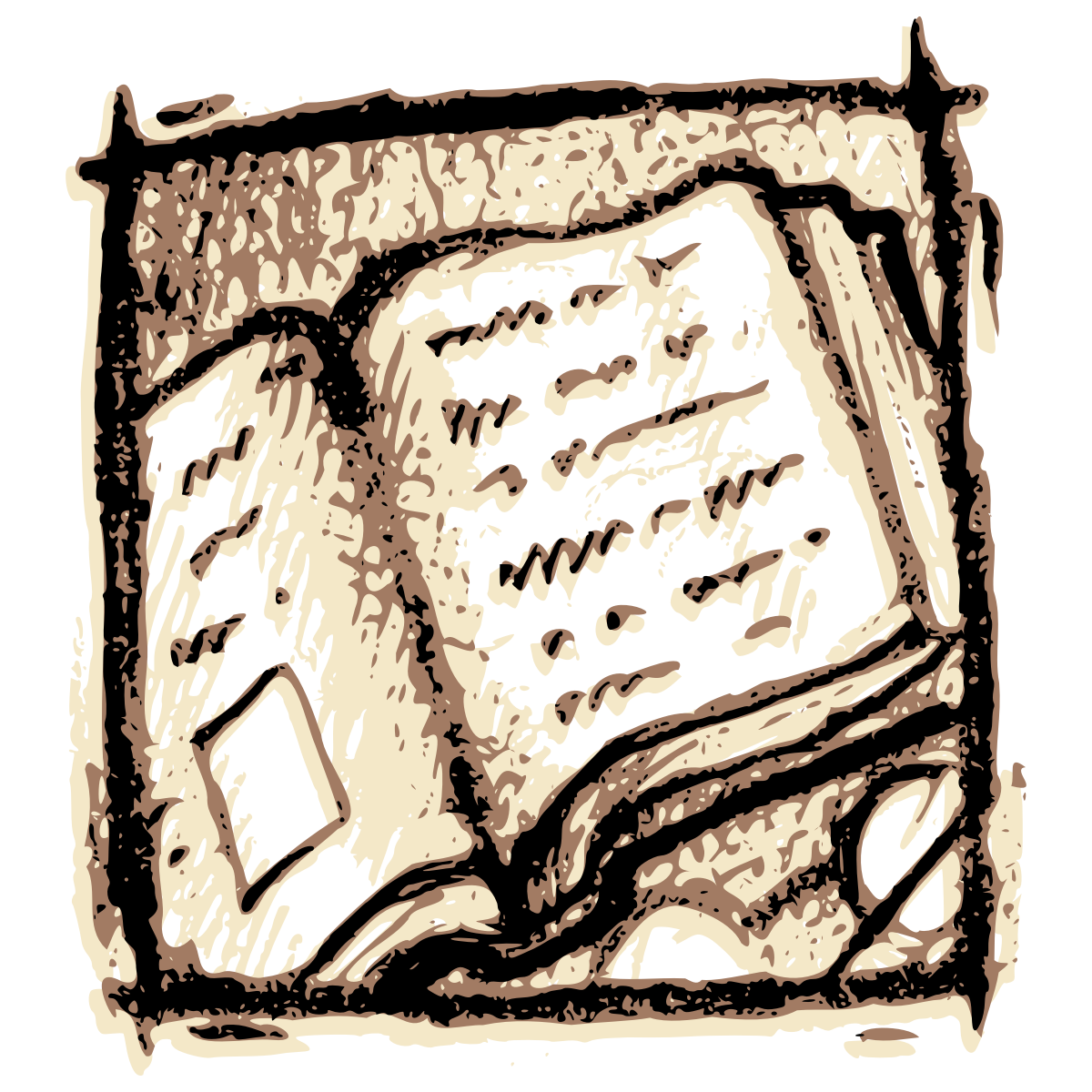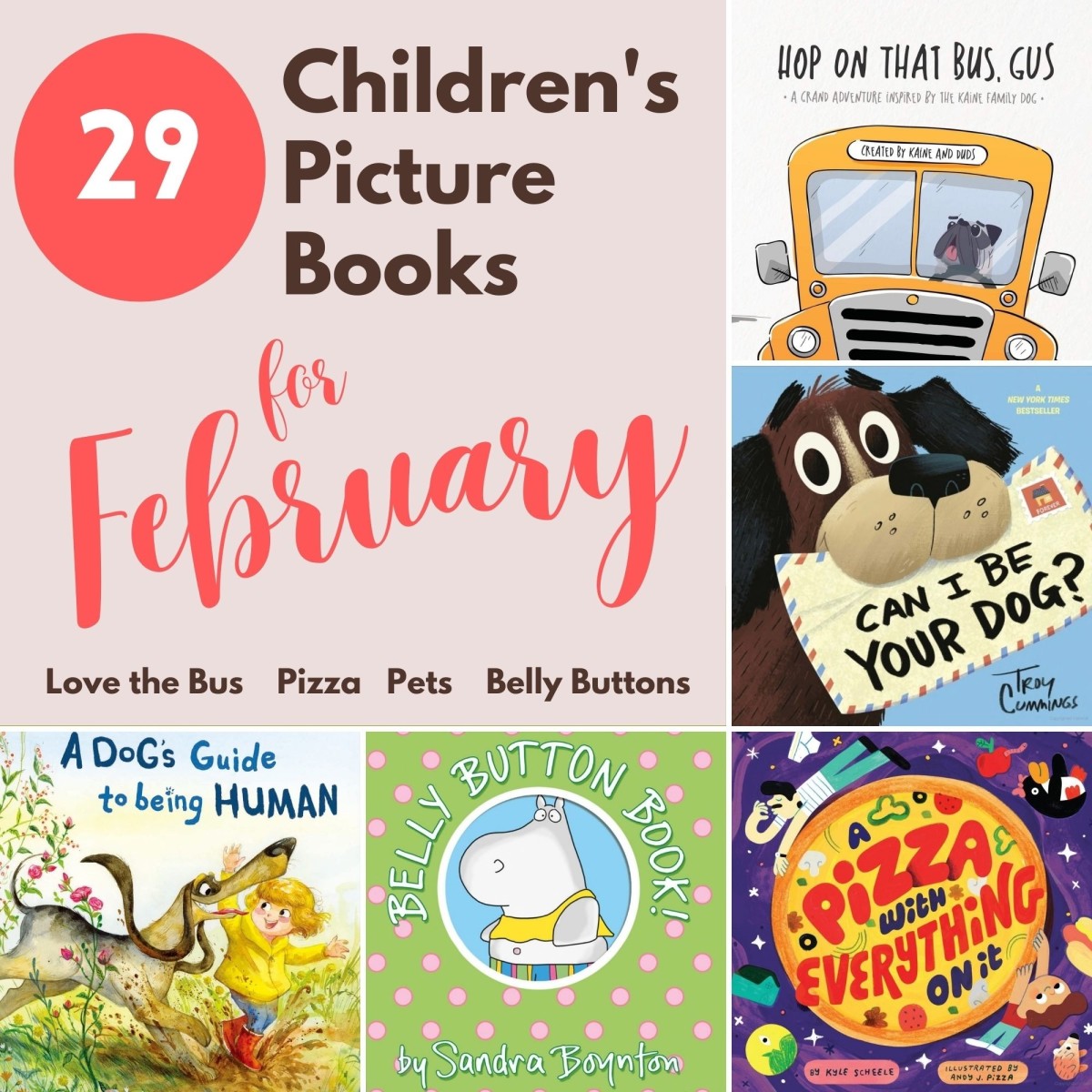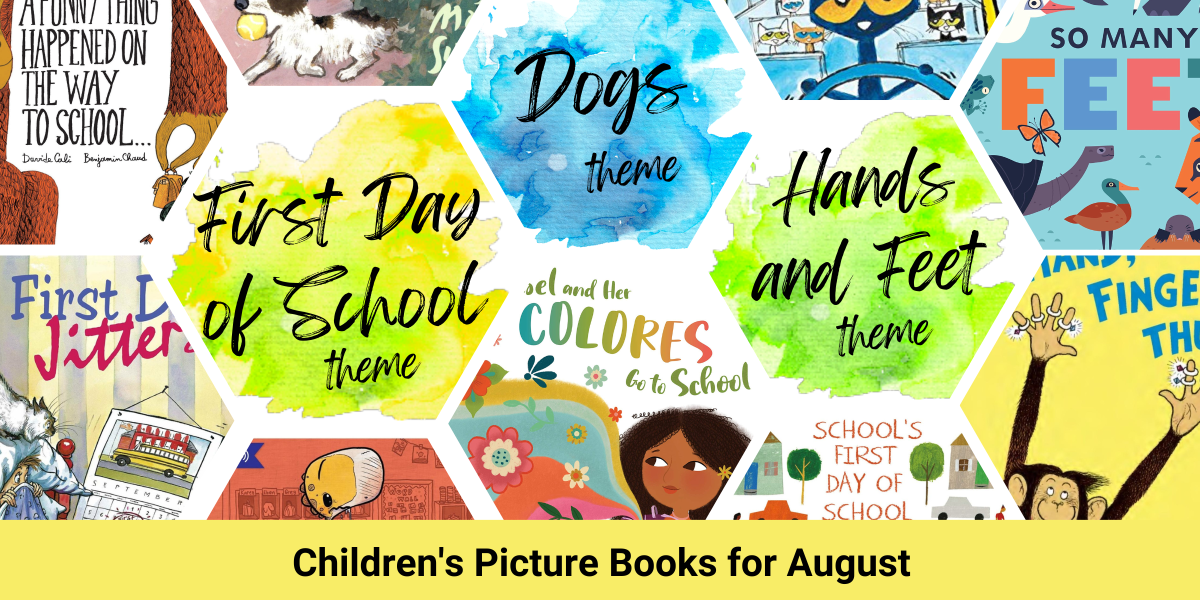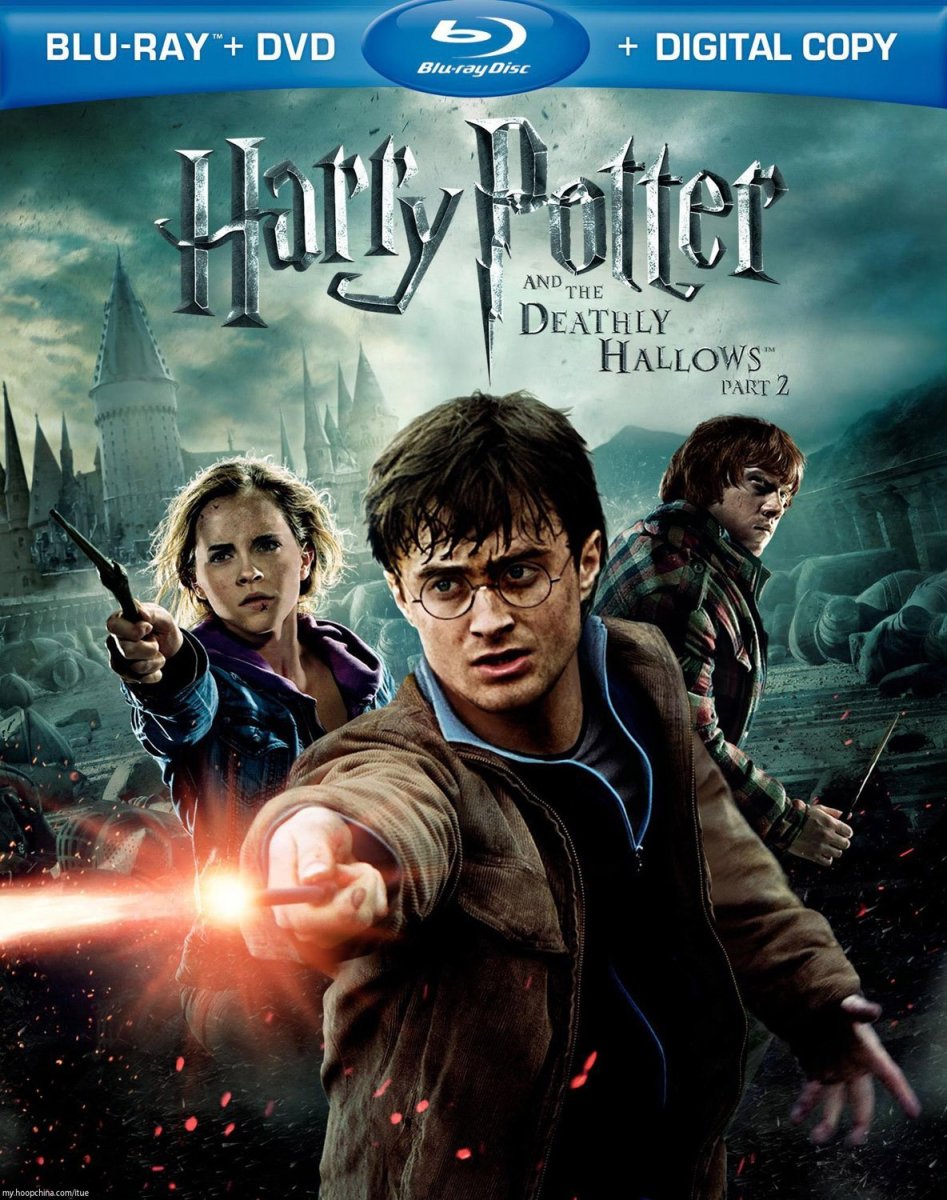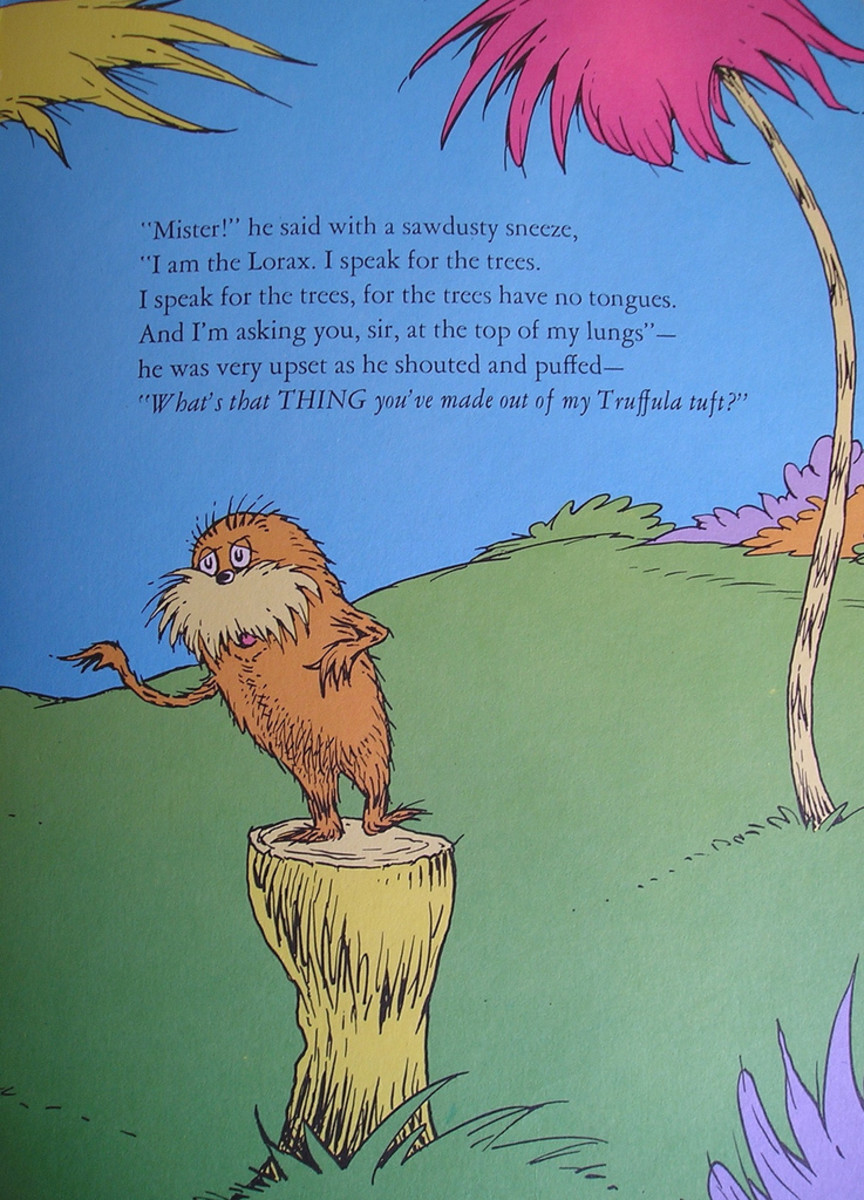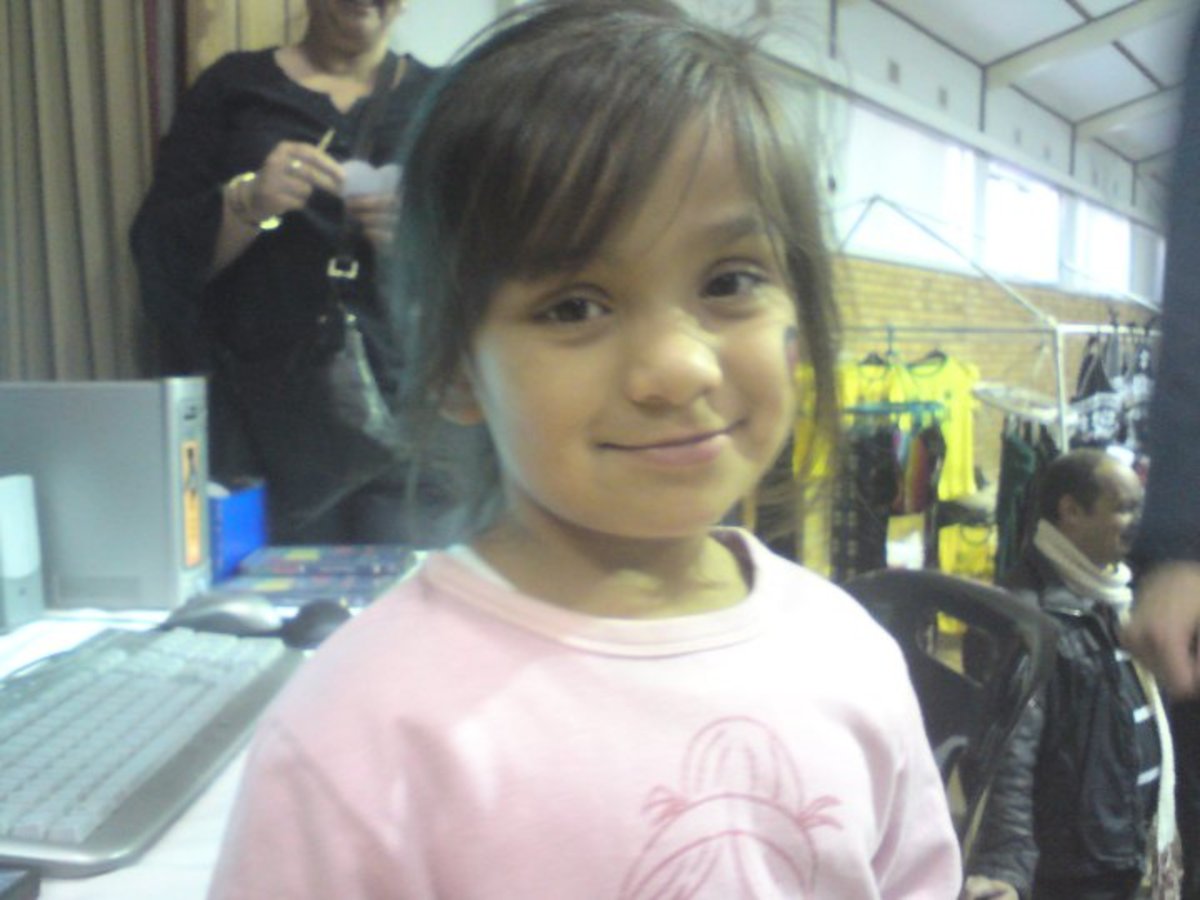Children's Books and Fantasy
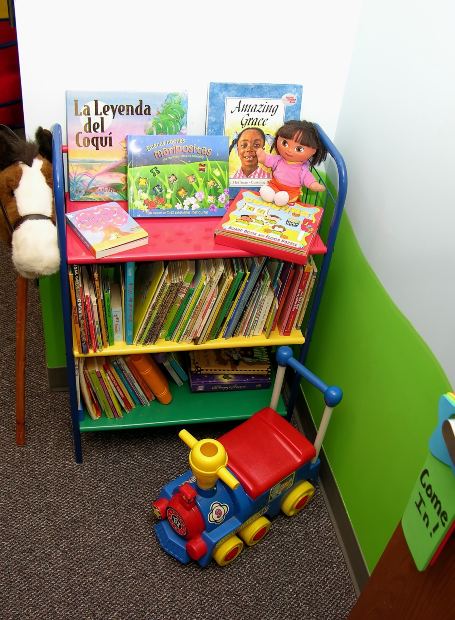
What is Fantasy?
Fantasy is any sort of story that does not make sense according to the rules of every-day life as we understand them. Sources of fantastic thinking include dreams, wishes, hopes and child-like attempts to make sense of the world around us. Fantasy is generally a lot of fun!
Do academics ever take Fantasy seriously?
The answer to this question is YES!
Tzvetan Todorov was a Bulgarian-French philosopher, historian and literary critic. He is considered a “structuralist” because his works have a strong focus on the structure of the text.
Todorov's works were published in the 1970s and have remained influential to this day. He died on February 7, 2017. (For more information see: en.wikipedia.org/wiki/Tzvetan_Todorov)
In his 1973 book, The Fantastic: a structural approach to a literary genre (pp.107-123), Todorov suggested that childhood is one of the factors that blurs the distinctions between the self and other objects. Thus fantasy stories appeal to children and appear to make sense to them.
Another influential writer was Clive Staples Lewis. C.S. Lewis was born in 1898 in Belfast and specialised in Medieval History. He taught at both Oxford University and Cambridge University during his career. He is the author of the popular Narnia series. (For more information see: wikipedia.org/wiki/C._S._Lewis)
C. S. Lewis was also a poet, famed Christian author and literary critic. In his book, Of Other Worlds: essays and stories (1966, p.29), C.S. Lewis expressed the belief that a child’s longing for a fairy-tale world is a form of longing for the unknown, which enriches and creates possibilities in the world that is known.
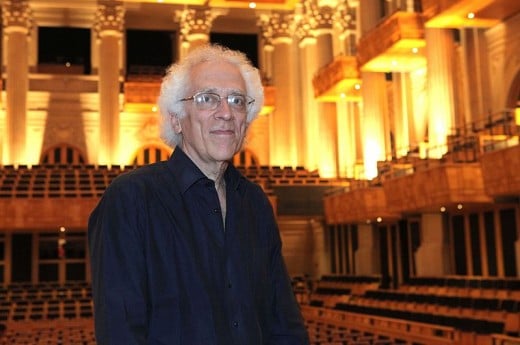
Categories of Fantasy
There are a number of commonly accepted genre of fantasy literature. These include: "Animal Fantasy", which centres around the lives of lovable talking animals and "Modern Fantasy" which focuses on adventures in other worlds and magical events. Another genre of fantasy may be "High Fantasy" which features hero's who combat evil and save the known world. I am inclined to add another genre, that of "Human and Animal Fantasy", which mixes human and animal characters.
1) Animal Fantasy
Crocker (notes included in Hale 2009:57) defines Animal Fantasy as a genre which “shows animals inhabiting a second reality…in which the animals communicate freely with each other” and suggests this genre has it’s roots in folk tales. Examples of this genre would include, Aespos' Fables, The Adventures of Peter Rabbit and Wind in the Willows.
The Warriors series by Erin Hunter would fit into this category. The books are very readable, featuring a ginger cat who has joined a group of cats attempting to survive in the wild. The cats compete with other groups of cats for their territory. Another shocking competitor for the forest land is man and his dogs…
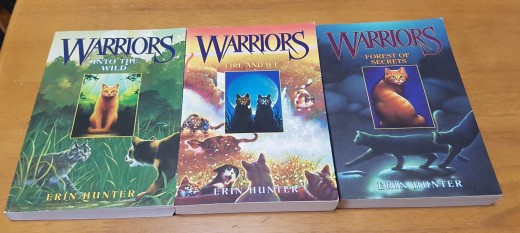
2) Human and Animal Fantasy
"Human and Animal Fantasy" follows additional genre rules specifying that the story must have both human and animal characters.
Thus Charlotte’s Web (White 2002) fits the genre because of the roles played by Fern and the other humans in addition to the animal characters... but Redwall (Jacques 2007) does not fit because the mice and other field animals are anthropomorphized into their own society and there are no real roles for humans.
Other examples of Human and Animal Fantasy include John Brown Rose and the Midnight Cat, and Carbonel: Prince of Cats.
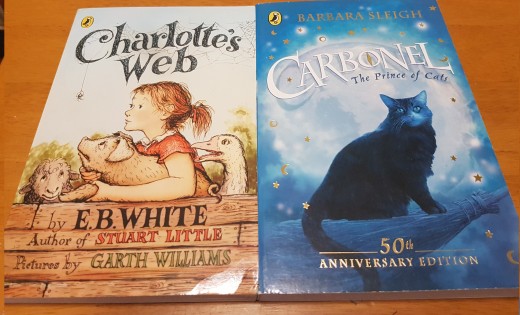
3) Modern Fantasy
In technical terms, Modern Fantasy (Crocker in Hale 2009:51-52) “starts when a flaw appears in the fabric of a self contained world” and this rift often has its origin in the human mind or imagination. The genre of Modern Fantasy features battles between good and evil and fantastic elements such as “shape-shifting” are common. These elements have their roots in myth and legend. Examples of this sort of fantasy include the Harry Potter series and much modern science fiction.
Children love the Harry Potter series, and if they only see the movies they miss a great opportunity to develop their reading skills by spending time with the lovable young wizards and witches of the Hogwarts community.
These books are ideal for adults to read to younger children of 6-8.
Their size and depth makes them suitable for independent reading by 9-12 year olds with good concentration.
The series is complete now, so children can have the satisfaction of reading the story to its conclusion - and they will be able to do this before the final films are released in the cinema.
1. Harry Potter and the Philosopher's Stone
2. Harry Potter and the Chamber of Secrets
3. Harry Potter and the Prisoner of Azkaban
4. Harry Potter and the Goblet of Fire
5. Harry Potter and the Order of the Phoenix
6. Harry Potter and the Half-Blood Prince
7. Harry Potter and the Deathly Hallows
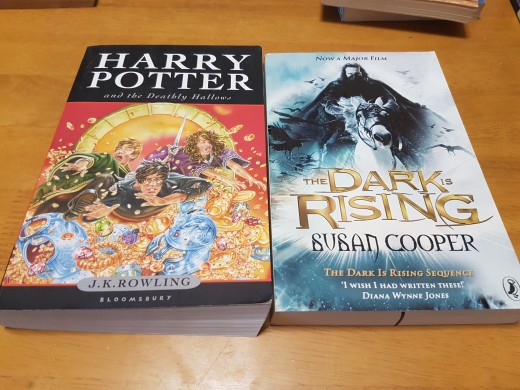
4) High Fantasy
High Fantasy often features a number of medieval trappings, such as the presence of kings and queens, sword battles and travel on foot or by horseback. Holy quests, gods and powers are included to distinguish this genre from that of historical fiction. Much of the high fantasy genre draws upon the Arthur saga (Le Morte d'Artur by Thomas Mallory) and epic poetry. This genre is popular with adults, but the Narnia series by C. S. Lewis is suitable for children.
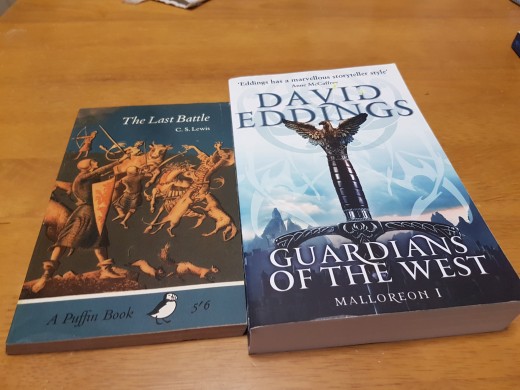
How can Fantasy be educational?
- Fantasy feeds a childs imagination and encourages creativity.
- The enjoyment that the genre engenders promotes reading and enhances literacy.
- The fantasy genre may be used for didactic (or teaching) purposes.
- Fantasy may contain commentary about society. Jackson (1981:3-4) explains that fantasy may subversively express a “desire” for something that is oppressed by society.
- For example: A treatise on cruelty to animals would have limited appeal to a child; however a fantasy celebration of closeness between the children and their pet may be given an element of excitement as the children are able to save animals from someone with cruel intentions.
How well do you know your Children's Books?
view quiz statisticsChoosing books and toys for your child
- Books, toys and games encourage children in creative play and assist their development. Look for toys that are educational and toys that are simply cute and cuddly. Consider what game your child can make from a toy rather than what movie it is linked to or what it costs.
- Adults love to read too and science fiction/series fantasy bridges the reading gap between adult and childhood reading. However, parents may wish to check books over before they give them to teenage readers. Many modern books contain battle scenes, romances and supernatural elements... your family will have a policy as to what attitudes and values you wish to see portrayed in literature.
Sources:
Hale, E. 2009b “Study Guide: ENCO 310/410: Children’s Literature: Picture Books and Fantasy”, (Contains notes by Crocker, B. revised by Rutherford, L.), University of New England, accessed from Blackboard Learning System 27-7-2009
Jackson, R. 1981 Fantasy: the literature of subversion, Methuen, London
Lewis, C.S. 1966 Of Other Worlds: essays and stories, (Ed. Hooper, W.), Geoffrey Bles, London
Todorov, T. 1973 The Fantastic: a structural approach to a literary genre, The Press of Case Western Reserve University, Cleveland
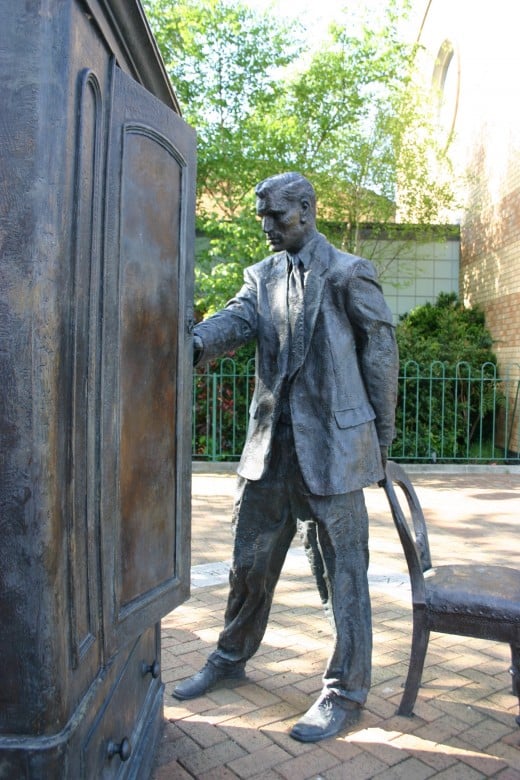
This content is accurate and true to the best of the author’s knowledge and is not meant to substitute for formal and individualized advice from a qualified professional.
© 2009 Cecelia

